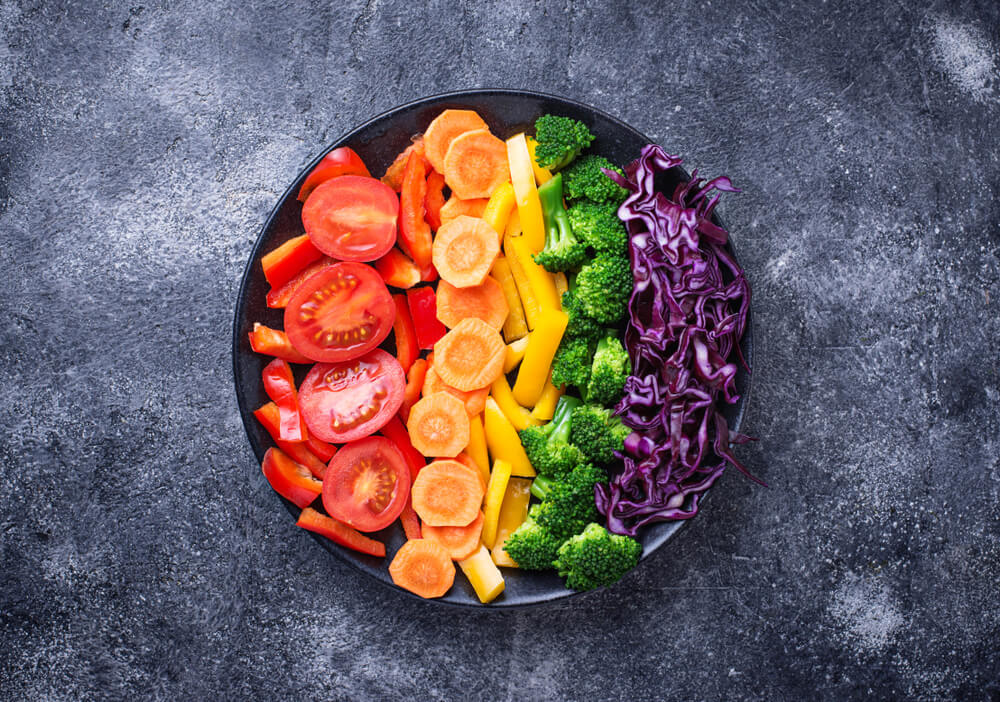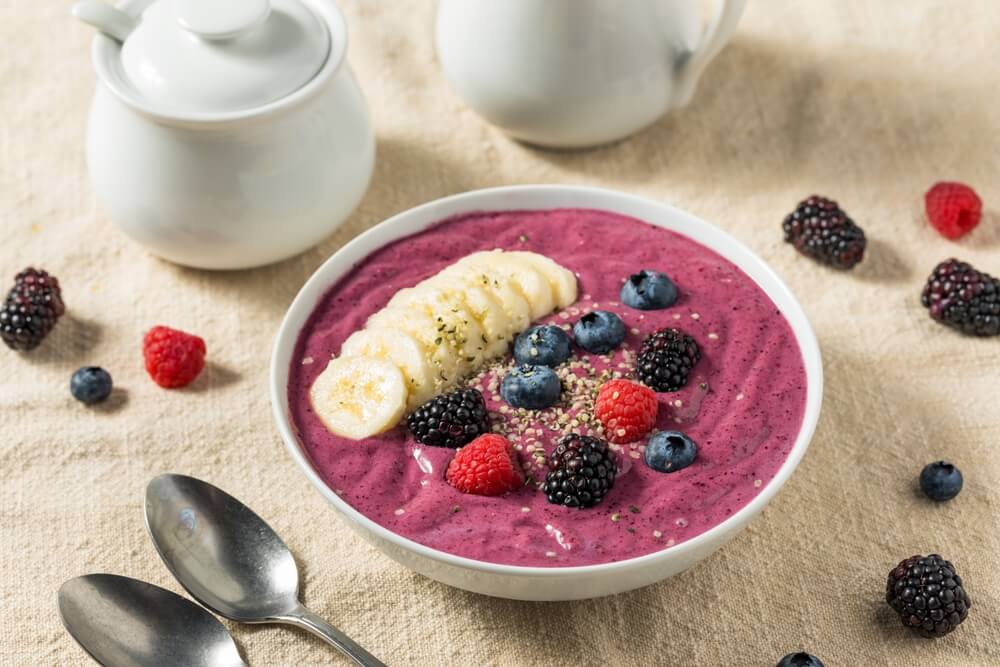Maintaining a balanced diet is not just about counting calories; it’s about nourishing your body with the right nutrients to support overall well-being. Let’s explore some friendly nutrition tips that can help you achieve a balanced diet, making healthy eating a sustainable and enjoyable part of your lifestyle.
Embrace Whole Foods: Nature’s Bounty
Whole foods, in their unprocessed state, are nutritional powerhouses. Fruits, vegetables, whole grains, and lean proteins provide a rich array of vitamins, minerals, and antioxidants. Aim to fill your plate with a variety of colorful, whole foods to ensure a diverse range of nutrients that contribute to your overall health.
Portion Control: Balancing Act
While enjoying a variety of foods is essential, keeping an eye on portion sizes is equally crucial. Use visual cues, like comparing your protein portion to the size of your palm, to avoid overeating. Balancing your plate with the right proportions of carbohydrates, proteins, and fats ensures a well-rounded meal.
Hydrate for Health: Water Wisdom
Water is a fundamental component of a balanced diet. Staying adequately hydrated supports digestion, nutrient absorption, and overall bodily functions. Make it a habit to drink water throughout the day, and consider incorporating hydrating foods like water-rich fruits and vegetables into your meals.
Mindful Eating: Savor the Flavor
Eating should be a mindful experience. Slow down, savor each bite, and pay attention to your body’s hunger and fullness cues. Engaging in mindful eating helps prevent overeating and allows you to truly enjoy the flavors and textures of your meals.
Include a Variety of Nutrients: Rainbow Plate
Variety is the spice of a balanced diet. Ensure that your meals include a mix of macronutrients (carbohydrates, proteins, and fats) and micronutrients (vitamins and minerals). Experiment with different fruits, vegetables, whole grains, and lean proteins to create a colorful and nutrient-rich plate.
Limit Added Sugars and Processed Foods: Sweet Savvy
While a sweet treat now and then is perfectly fine, it’s essential to be mindful of added sugars in your diet. Opt for natural sweeteners when possible and limit the intake of highly processed foods. Choose whole, nutrient-dense options that contribute to your overall well-being.
Prioritize Fiber: Gut Health Guardian
Fiber plays a crucial role in digestive health. Incorporate fiber-rich foods like whole grains, legumes, fruits, and vegetables into your meals. Not only does fiber support digestion, but it also helps you feel fuller for longer, contributing to weight management.
Listen to Your Body: Intuitive Eating
Your body has its own way of communicating its needs. Listen to signals of hunger and fullness, and trust your body’s intuition when it comes to food choices. Cultivating a positive relationship with food and honoring your body’s cues contributes to a balanced and sustainable approach to healthy eating.
In conclusion, achieving a balanced diet is not about strict rules but rather about making informed and mindful choices. Embrace a variety of whole foods, practice portion control, and prioritize hydration. By incorporating these friendly nutrition tips into your lifestyle, you’ll not only nourish your body but also foster a positive and sustainable approach to healthy eating. Remember, it’s about finding a balance that works for you and enjoying the journey towards a healthier, happier you.







Leave A Comment